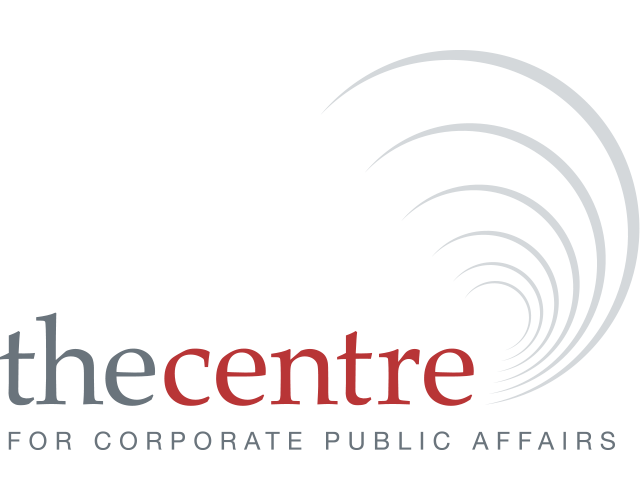
Basic reputation hygiene nose-dives at United Airlines
While the fall-out continues from the online viral cyclone sparked by Dr David Dao being ‘voluntarily deplaned’ from a United Airlines flight in Chicago last week, a few observations are worth making about big corporations and their preparedness to weather reputation crises.
1. Never underestimate what a smartphone camera, and 3.2 billion people worldwide connected to the Internet can do to a corporate reputation.
Losing US$253 million market capitalisation within 24 hours (most of that has been recovered since) because a business reputation is being trashed makes the case (though it shouldn’t need to be made in 2017) that any large business needs to be mindful at all times of the power of the online marketplace of issues, ideas, and outrage. United Airlines forgot this on the ground, on board, and all the way up its chain of senior management.
2. Human Resources is not the best management function in which to manage a slow walk through the corporate reputational valley of death (corporate public affairs at United reports into the most senior HR executive, not to the CEO).
United Airlines would be well advised to consider if Human Resources is really the right management function in which socio-political strategy, issues, and policy is managed. The airline’s initial public communications (including messaging) and its failure - at least publicly – to apply basic issues management practice to the explosion of concern and outrage internationally had all the fingerprints of senior executives who see the world through a policy, procedures and payroll lens, and not a socio-political one.
HR is a very important and necessary management function. However, if a corporate reputation and social license is worth hundreds of millions of dollars, it makes good business sense to have that reputation stewarded by a specialist socio-political management function (corporate public affairs) with a direct report to the CEO. In United’s case, its HR’s procedures manual and employee wellness program were not much chop when it came to managing this crisis at the highest levels of its management.
3. Building and managing a corporate reputation is an accountability for every employee in an organisation, and every contractor who the public sees to be an employee, or part of the product or service supply chain (security contractors included).
In 2017, this is the case whether an enterprise likes it or not.
A company’s behaviour and what consumers say about their experience or perceptions of that behaviour, is a dimension that can make (or break) a corporate reputation (just ask former employees of Arthur Anderson, Enron, HIH, or James Hardie).
4. Be prepared. Good reputation stewardship (never mind good customer service) means that to protect and sustain value to shareholders via sustaining the social and regulatory license to operate that comes with a good corporate reputation, issues that have a high likelihood of occurring and have a negative impact on the company need to be identified early. Good management practice dictates those issues need to be understood by senior management, and plans developed to manage those issues if they do occur.
For reasons strange but unknown, a behemoth in international aviation was not prepared to manage a reputational issue sparked by a passenger being removed forcibly from one of its aircraft, in the era of ubiquitous self-publication online by people with smartphones and a social media account.
It is certain that despite the events of last week, United Airlines will be flying its (now less) Friendly Skies for a while to come. But this big crack in its already fissured reputation dam wall means the airline will need to apply considerable beyond business as usual management time and money to stakeholder engagement, issues management, government relations, media relations, regulatory affairs, employee training, its damaged employer brand, and a likely big law suit from Dr Dao.
United Airlines’ behaviour and failures over the past week will have prompted many CEOs and their executive teams to think about how prepared they are to manage fairly predictable reputation issues. And if not, the Boards of their companies would be justified in asking ‘why not’?
